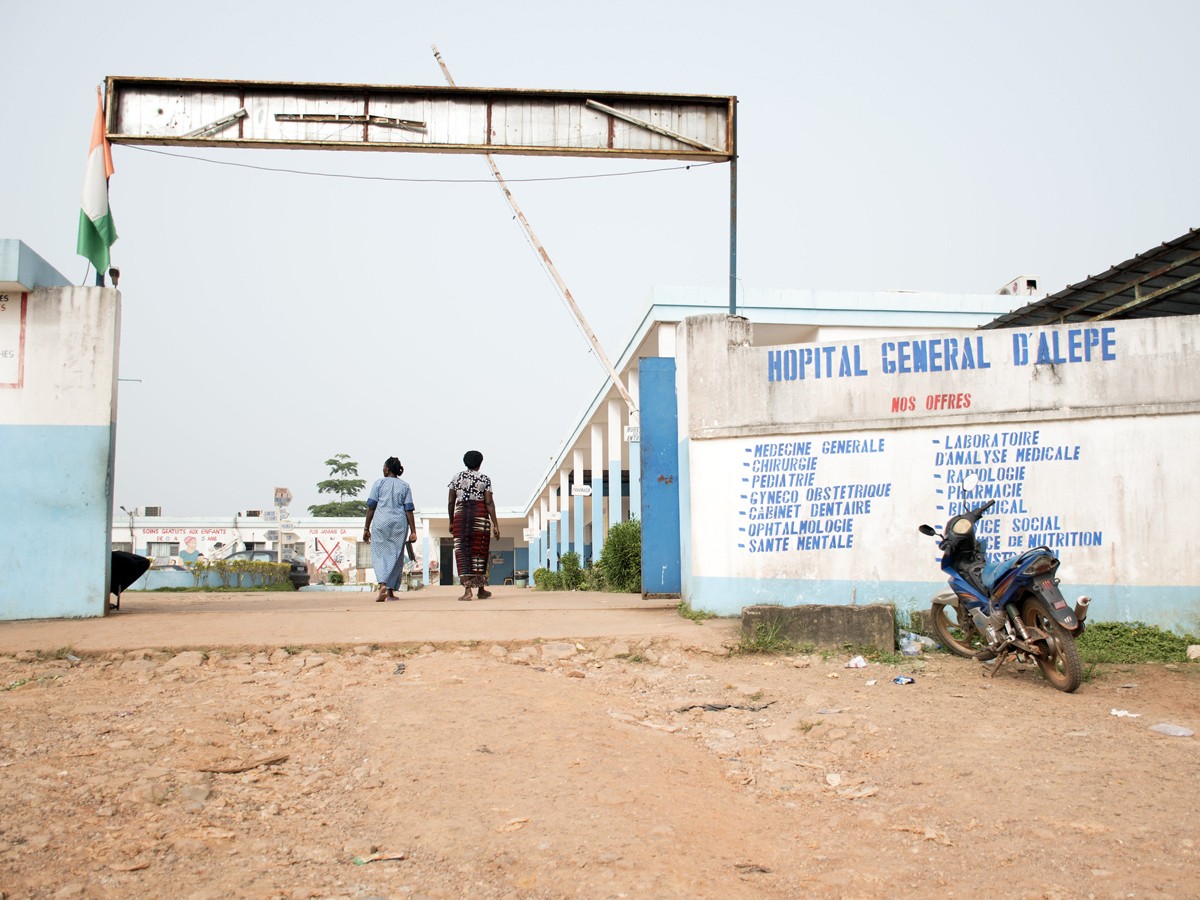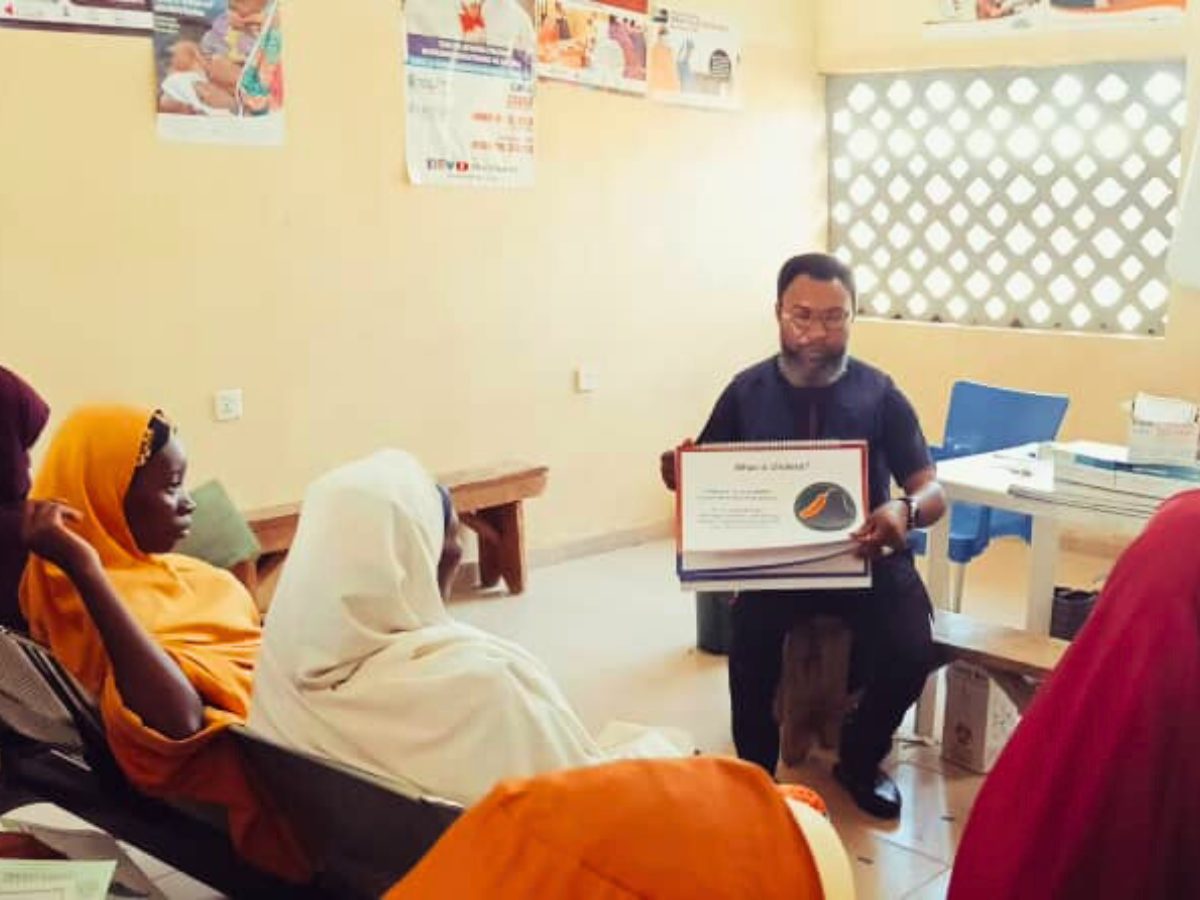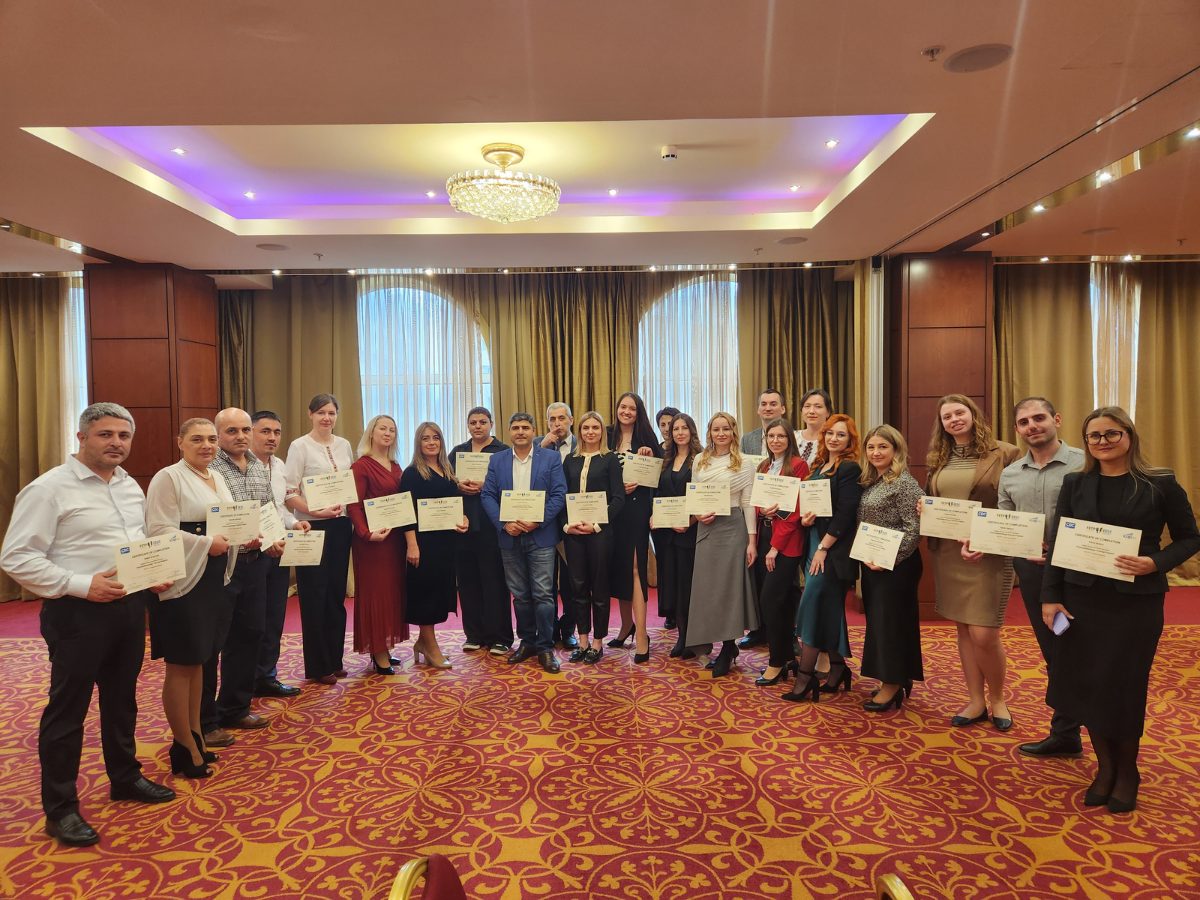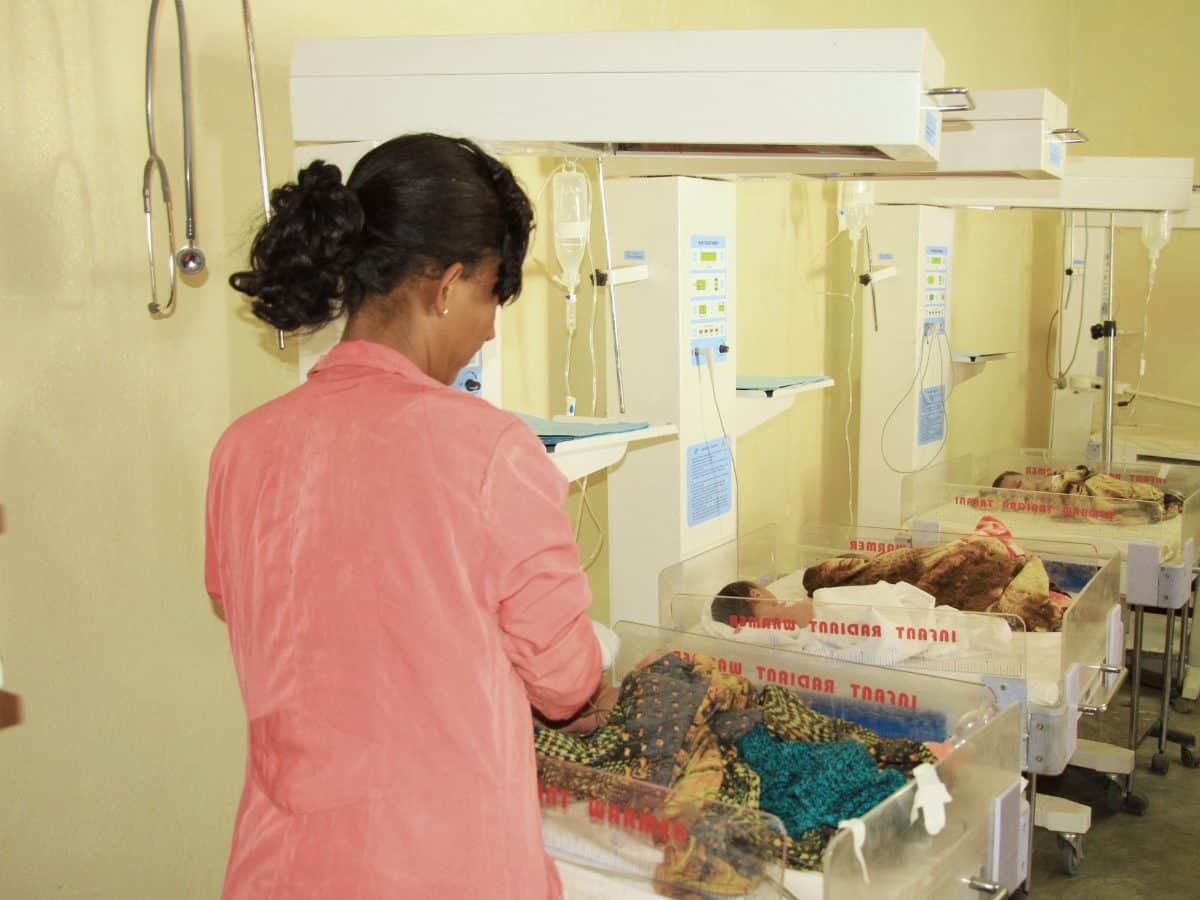Only 37 percent of people living with HIV in Côte d’Ivoire know that they have the virus, according to data from the Population-based HIV Impact Assessment (CIPHIA) survey led by ICAP in 2017-18. This means the country must bridge a significant gap in order to achieve the UNAIDS 90-90-90 targets for controlling the epidemic.
To improve the prospects for identifying Ivoirians with HIV and connecting them to lifesaving care, ICAP introduced the “I-Surge” approach in March 2018 to increase HIV testing and get more people started on antiretroviral therapy (ART) at 30 of the 174 health care sites it supports across the country.
As part of this intensive push, ICAP in Côte d’Ivoire invested the effort of 17 regional staff and technical advisors across the sites to provide direct service support, supervision, and feedback, introducing a “must do/can do” task list to establish beneficial routines at each site and a data workflow to empower health facility staff to make immediate adjustments in pursuit of meeting their daily goals.
“ICAP created a data collection tool to track each HIV test, HIV-positive result, and ART linkage at the site level. This information gets entered into the ICAP health information database, and then we receive a report with that day’s tallies from every site,” said Mahamadou Sanogo, data manager at a health facility managed by the Association for International Cooperation and Development. “Our success with these tools and workflows has made them a model for other PEPFAR implementing partners in Côte d’Ivoire, and we are very proud to have contributed to the national effort in this way.”
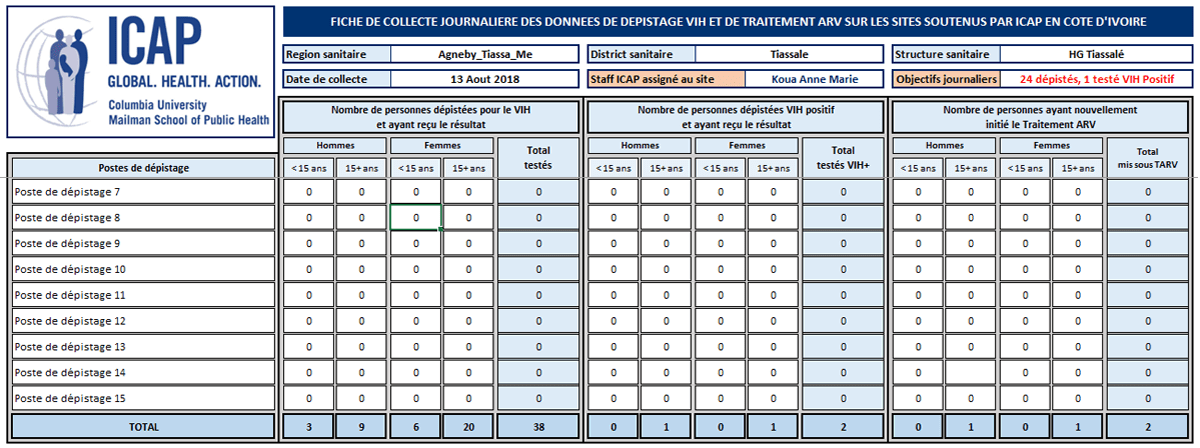
The I-Surge initiative also introduced a variety of strategies to identify those at increased risk for HIV. At certain outpatient clinics for maternal and child health, tuberculosis, nutrition, and STIs, for example, providers used a special screening tool to identify individuals with increased HIV risk and encourage them to receive testing. Similarly, index case testing for biological children and sexual partners of people living with HIV proved a successful way to reach those at increased risk.
Clinics also expanded testing hours to include weekends and holidays, and held multi-disease screening days to ease the potential stigma of seeking HIV testing. These innovations helped attract higher numbers of men, who have been generally more difficult to reach with HIV support. Patient education efforts and waiting room displays about the benefits of “knowing your HIV status” further encouraged more people to get tested.
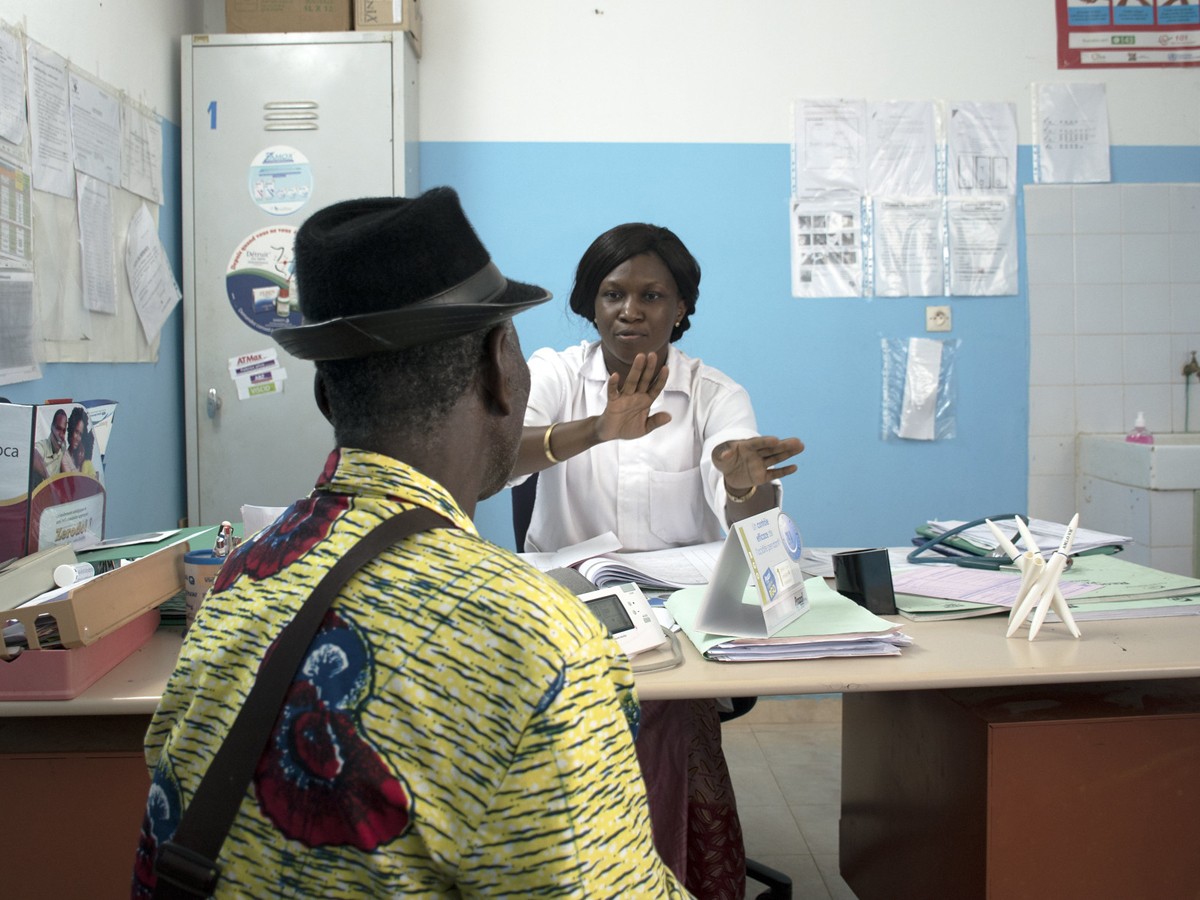
The effort produced phenomenal results. Six months after the initiative launched, the number of people tested for HIV at the I-Surge sites more than doubled, from 29,596 to 61,434, and the sites also saw significant increases in identification of new HIV cases and starting patients on treatment. Among pediatric patients under 15 years of age, testing skyrocketed from 2,850 before I-Surge to 13,227 six months following the launch, and positive cases found more than doubled in number as well.
“These successes are the clear result of I-Surge,” said Greet Vandebriel, technical director for ICAP in Côte d’Ivoire. “In the case of improved linkage to care, this is due in large part to our close collaboration and daily data-sharing calls with three community non-governmental organizations that facilitate ART and have provided staff to support the intensified I-Surge activities.”
With support from the U.S. President’s Emergency Plan for AIDS Relief (PEPFAR) through the Centers for Disease Control and Prevention (CDC), ICAP has worked with the Côte d’Ivoire Ministry of Health since 2007 to develop and implement national HIV programs and policies that ensure broad access to HIV prevention, education, testing, and treatment.
“Looking ahead, we are now starting to focus on viral load monitoring and suppression, using the ICAP viral load toolkit and differentiated service delivery methods to ensure that patients have the individual support they need to successfully manage their HIV infection,” remarked Vandebriel. “With sustained success in HIV case finding, linkage to treatment, and viral load suppression, we can help Côte d’Ivoire meet the 90-90-90 targets and remain on track toward epidemic control.”
A global health leader since 2003, ICAP was founded at Columbia University with one overarching goal: to improve the health of families and communities. Together with its partners—ministries of health, large multilaterals, health care providers, and patients—ICAP strives for a world where health is available to all. To date, ICAP has addressed major public health challenges and the needs of local health systems through 6,000 sites across more than 30 countries. For more information about ICAP, visit: icap.columbia.edu
Photo caption—Header photo: Alepe General Hospital outside Abidjan, Côte d’Ivoire. Photo 2: ICAP data collection tool. Photo 3: Patient consultation at Alepe General Hospital outside Abidjan, Côte d’Ivoire.


